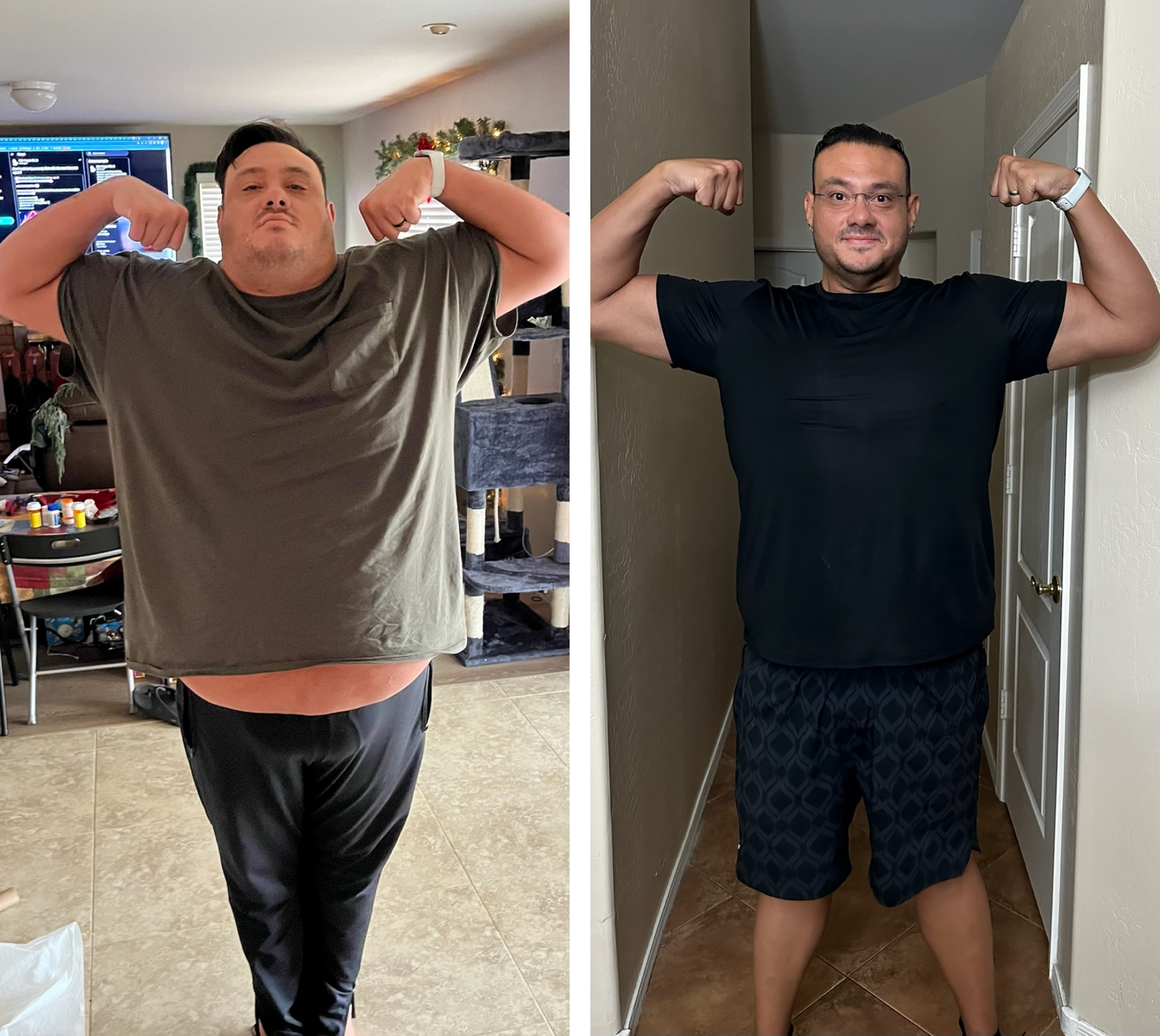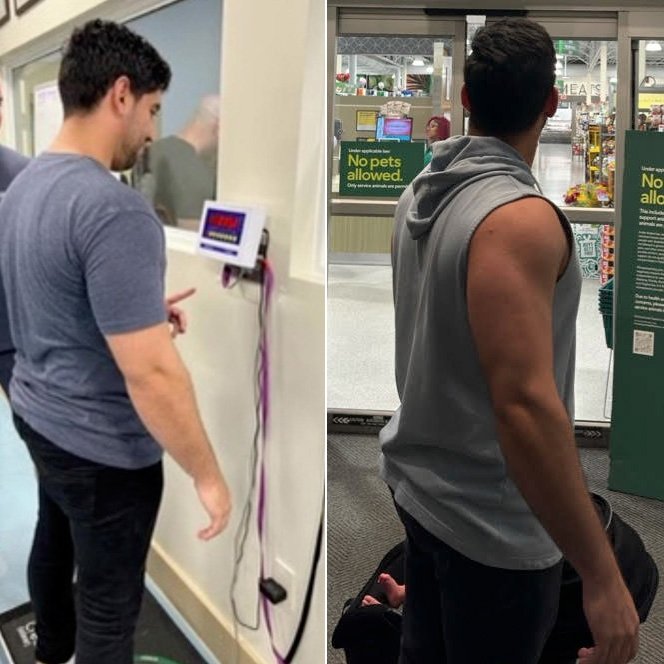Depression is a medical condition often characterized by constant sadness and loss of interest in normal daily activities. But it can also lead to various mood changes such as irritability, constant anxiety, insomnia, and even impaired speech and mobility. For many people, depression can significantly negatively affect various aspects of their lives, including work, school, and social relationships with friends and family. Although depression is usually brought on by stressful situations or trauma, many people may experience depression suddenly, even if their life is going well, leaving them to feel miserable without knowing why. In these cases, depression is usually caused by a chemical imbalance in the brain or has been passed down as a hereditary condition. However, in many other cases, depression caused by chemical imbalances can also result from hormone imbalances such as low testosterone.
Low testosterone is a common medical condition that occurs once a man’s testosterone levels have dropped below expected standards. As a result, men typically exhibit symptoms such as low sex drive, decreased muscle mass, rapid weight gain, and several mood changes, including depression. Many men that suffer from unexplained depression are usually unaware that low testosterone could be the cause of their sudden change in mood. However, when men begin to suffer from Low T, the lack of testosterone can significantly impact the brain and lead to several chemical changes that can increase the risk of depression.
How Low Testosterone Impacts Your Mental Health
Testosterone is an androgen hormone responsible for developing and regulating many male characteristics and traits. It also acts as a neuroactive steroid that can affect the function of your central nervous system, which, in turn, can impact your mood. In addition, testosterone also releases dopamine, a neurotransmitter in the brain responsible for the feeling of pleasure. So naturally, when the body is unable to produce enough of the testosterone hormone, it can have a negative effect on the brain and nervous system, leading to several mood changes such as irritability, anxiety, and, worst of all, depression.
Studies also show that there may be a link between testosterone and serotonin, another neurotransmitter that acts as a mood stabilizer that influences sleep, sexual behavior, memory, and happiness. Researchers have found that testosterone increases the number of proteins needed to help transport serotonin to the brain. So when testosterone levels decline, it could cause a decrease in serotonin activity, which can lead to depression. However, there are other ways that low testosterone can indirectly have a psychological effect on your mental state. Low testosterone symptoms such as low libido, sexual dysfunction, and weight gain can lower confidence and self-esteem, which can also cause depression and anxiety.
Feeling Run-Down?
Take the Low-T Quiz Today
Our men’s clinic can restore your physiology, change your body composition and optimize your health to slow down aging and prevent health complications caused by low testosterone.
Take back your life and become a better you today!
What Are the Top Symptoms of Depression in Men?
There are times when low testosterone symptoms are often confused with the signs of depression. However, although they share many of the same symptoms and low testosterone can lead to depression, the complications for the psychological disorder and the hormone imbalance can differ slightly.
For example, people who have depression may also experience headaches, back pain, or neck pain, in addition to other symptoms such as:
- Fatigue
- Insomnia
- Difficulty focusing
- Impaired memory retention
- Loss of motivation
- Social withdrawal
Men who are only diagnosed with depression usually won’t experience the other symptoms associated with low testosterone, such as:
- Decreased muscle mass
- Enlarged breast tissue
- Reduced muscle strength
- Rapid weight gain
- Erectile dysfunction
Consult with a physician if you’re unsure about whether you’re experiencing symptoms of depression or low testosterone. They can check your testosterone levels to determine if your depression is related to testosterone deficiency and help you find treatment to treat the source of your symptoms.
Can TRT Help With Mood Swings and Anxiety?
Several studies show that testosterone replacement therapy can help boost mood and alleviate depression symptoms associated with low testosterone levels. In a study published in the JAMA Psychiatry Journal, testosterone treatments were shown to help increase serotonin production, which can offset the feeling of depression. Using testosterone injections as a part of TRT therapy can help to reverse symptoms of low testosterone, such as weight gain, fatigue, and erectile dysfunction that can lead to feelings of depression and anxiety. Testosterone therapy can provide several benefits, including increased cognitive thinking, improved energy levels, and enhanced sexual desire that can help elevate your mood and significantly reduce the symptoms of depression.
When I Need a Doctor?
If you’re experiencing depression along with physical symptoms such as rapid weight gain and decreased sexual performance, then you may want to talk to a physician about testing you testosterone levels to determine whether or not you’re suffering from low testosterone. A healthcare professional can provide the tests needed to check your testosterone levels and recommend several treatment options to help elevate your testosterone levels to normal parameters, which can help treat the physical symptoms of low testosterone that may be affecting your mental health. However, low testosterone can affect everyone differently, so although TRT for men can resolve the physical complications associated with Low T, there may still be psychological effects that will require other forms of treatment. Your physician may also recommend cognitive behavioral therapy to help you overcome your issues with mental health. By consulting with a physician, you can increase your chances of finding a solution to address your low testosterone and treat your depression.
At Renew Vitality, we specialize in various forms of HRT treatment to help men treat hormone imbalances such as low testosterone and optimize their overall health. Our experienced team of medical professionals combines safe and effective hormone medications with manageable wellness plans to create a comprehensive testosterone replacement therapy that can help treat low testosterone symptoms like depression. If you suspect you may be experiencing depression due to low testosterone, please contact us at 1-866-995-2371 and schedule an appointment at any of our hormone replacement centers in the United States to discuss possible treatment options.
























